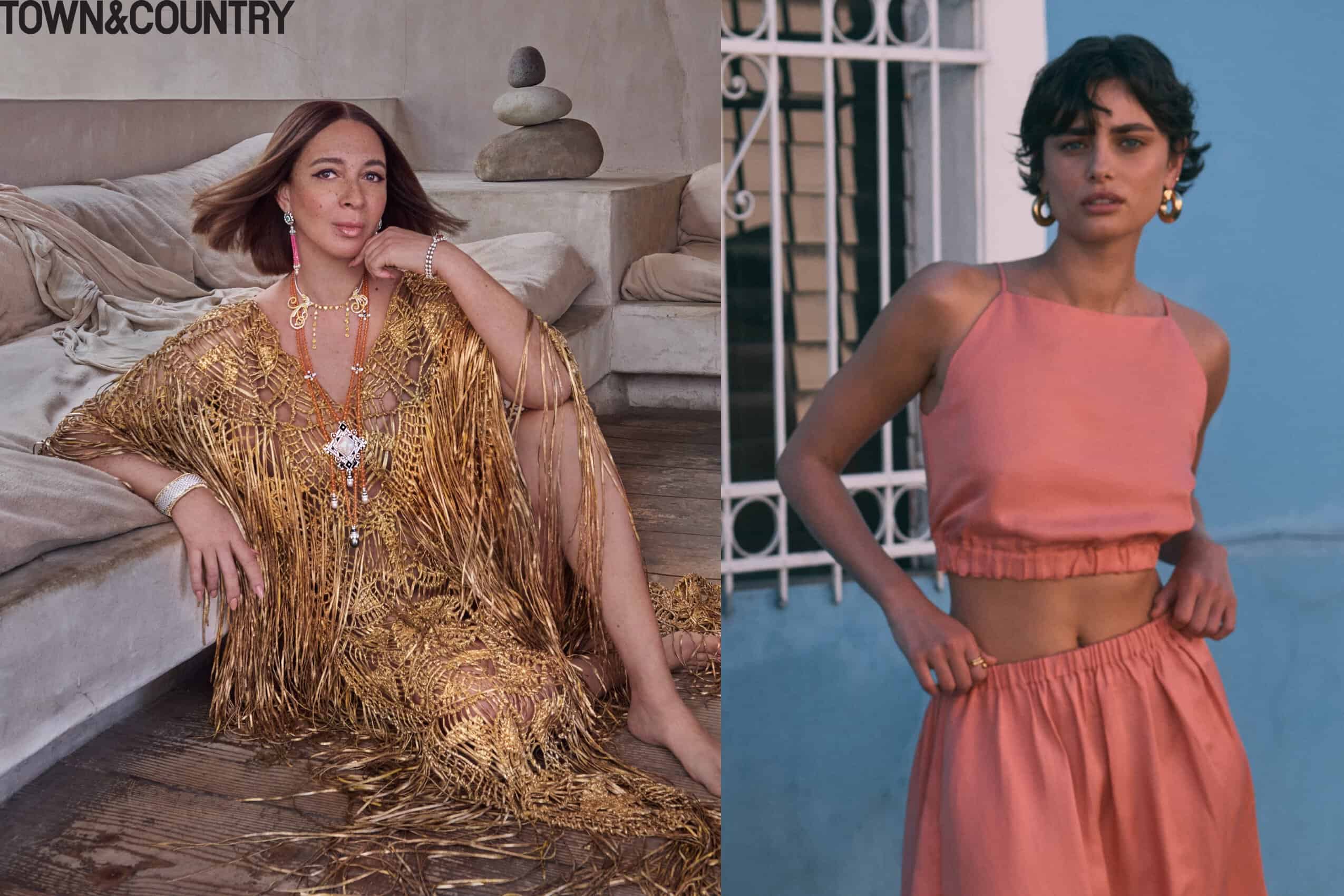

Summary
- Ricky Gervais defends controversial joke in Netflix special, calling the outrage “faux offense” and highlighting the subjective nature of offense.
- Gervais refuses to cater to the sensitivities of a few, preserving his raw humor for the millions who appreciate it.
- The debate around Gervais’s joke taps into the broader cultural tension surrounding freedom of expression in comedy and invites reflection on the role of comedy in navigating societal values.
British comedian Ricky Gervais recently responded to a growing clamor for censorship surrounding a particular bit in his latest Netflix special titled Armageddon, set to premiere this Christmas.
The controversy centers around a joke related to Gervais’s supposed involvement with the Make-A-Wish Foundation, crafting videos for terminally ill children. Critics took offense at a segment where he sarcastically remarks about not barging into hospitals with insensitive quips to the ill children. The specific line causing uproar is Gervais’s rhetorical question to the children: “Why didn’t you wish to get better? What, you f*cking ret**ed as well?” This led to public outcry and a petition demanding the removal of the joke from the special.
Gervais confronted the uproar directly during his BBC Radio 5 Live (via Deadline) appearance, highlighting the content’s satirical edge and justifying his comedic method. He argued that the essence of the joke was misconstrued, pointing out that the very nature of offense is subjective and often fleeting. To him, the outcry represents a “faux offense,” a phenomenon where individuals react more to the idea of being part of a collective voice of disapproval rather than being genuinely aggrieved. Gervais said:
“I’m literally saying in the joke that I don’t do that. But people have a reaction. They don’t analyze it. They feel something – that’s what offense is. It’s a feeling. That’s why ‘I’m offended’ is quite meaningless. What do you want me to change?
“They’re not really offended. They just want to be heard.
Of all the millions of people that watched it and loved it, only a few don’t like it,” he added. “If I give them special attention and try and placate them, I’ve annoyed the other millions of people that got the joke. They go, ‘No, you’ve ruined it for us!’”
Gervais continued, stating his foremost dedication lies with the audience that grasps and values his unique humor. Catering to the sensitivities of a few, he argues, would betray the millions who tuned in for the uncensored, raw humor he is known for. He draws an analogy to a live performance, asserting that he wouldn’t halt a show to address a heckler; similarly, he refuses to dilute his content for a vocal minority.
RELATED: 16 Best R-Rated Movies You Can Watch on Netflix
Laughter on the Line: Gervais’s Stand on Comedy and Censorship
Netflix
The debate over Gervais’s joke is symptomatic of a broader cultural tension surrounding freedom of expression in comedy. While some argue that comedians should have carte blanche to push boundaries and provoke thought, others advocate for a more restrained approach that considers the potential harm of certain topics or language. This incident adds another chapter to the ongoing discussion about where the line should be drawn.
Defending his craft, Gervais highlighted how ludicrous it is to take a comedian’s exaggerated remarks seriously. The comedian’s method, known for boldly addressing controversial issues, invites the audience to distinguish between actuality and theatricality in comedy. By refusing to back down, Gervais asserts his right to artistic freedom, but also invites audiences to reflect on what it means to be truly offended and the role of comedy in navigating and reflecting societal values.
The uproar around Armageddon’s imminent release underscores the consistent influence of comedy in stimulating public debate. It also highlights the precarious balance artists must maintain in a world increasingly attentive to the nuances of language and representation. Whether this special will be remembered for its humor or its controversy remains to be seen, but what is clear is that Gervais’s defiant stance against censorship has reignited a vital conversation about the nature of comedy and offense in the modern era.
You can view the original article HERE.

:quality(85):upscale()/2024/04/19/812/n/1922398/dac564326622b846c15299.26306818_.jpg)
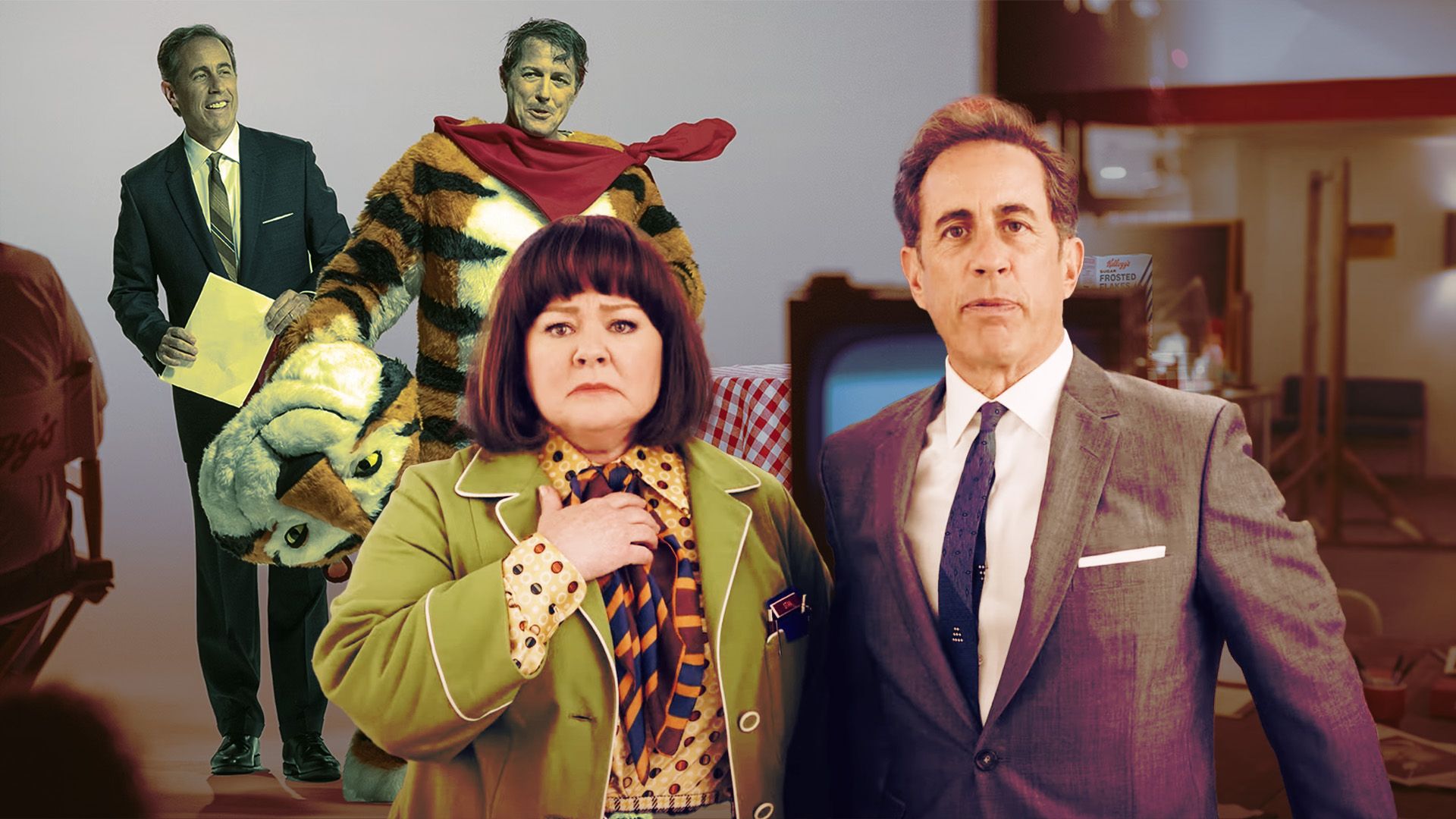
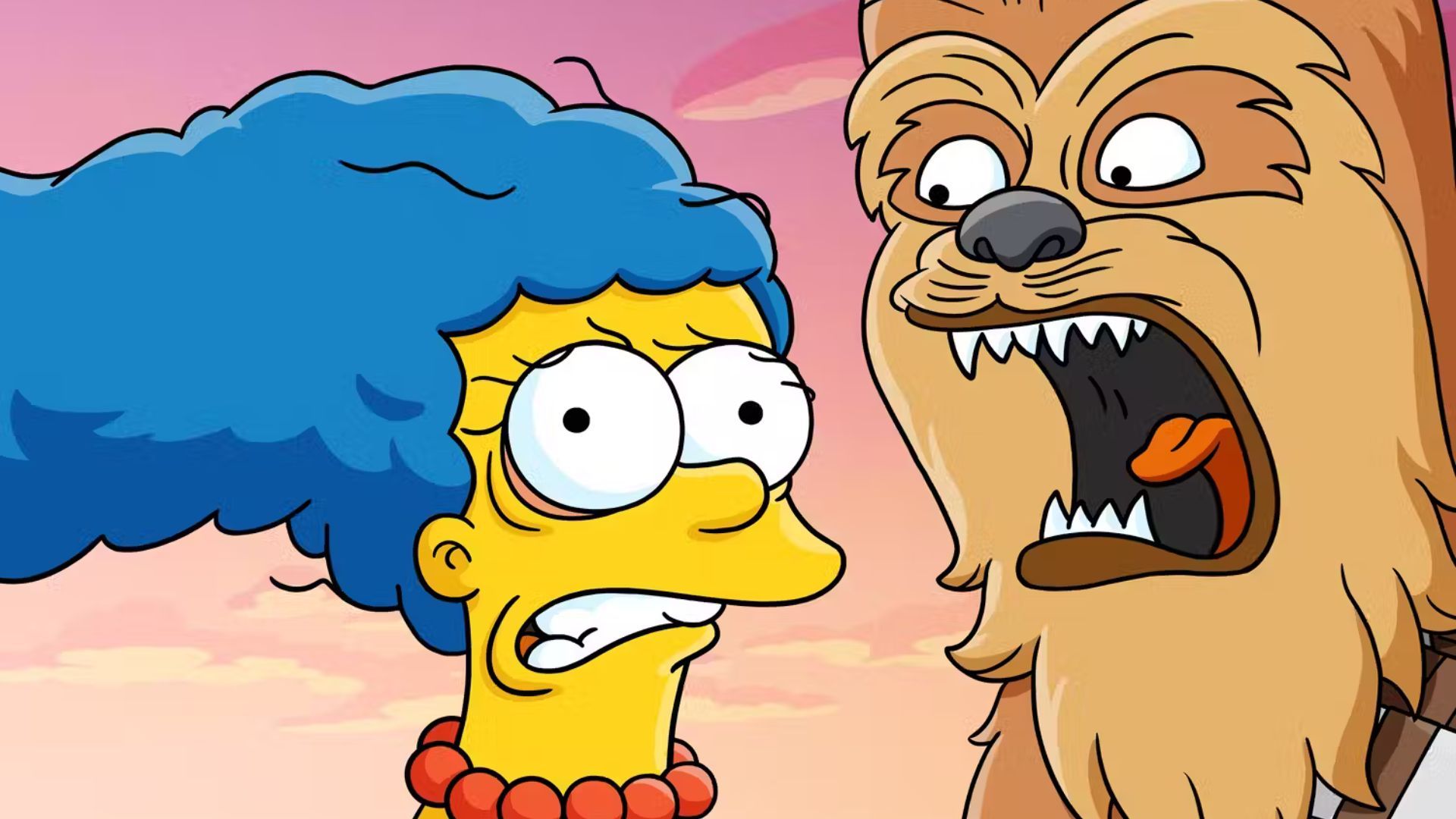

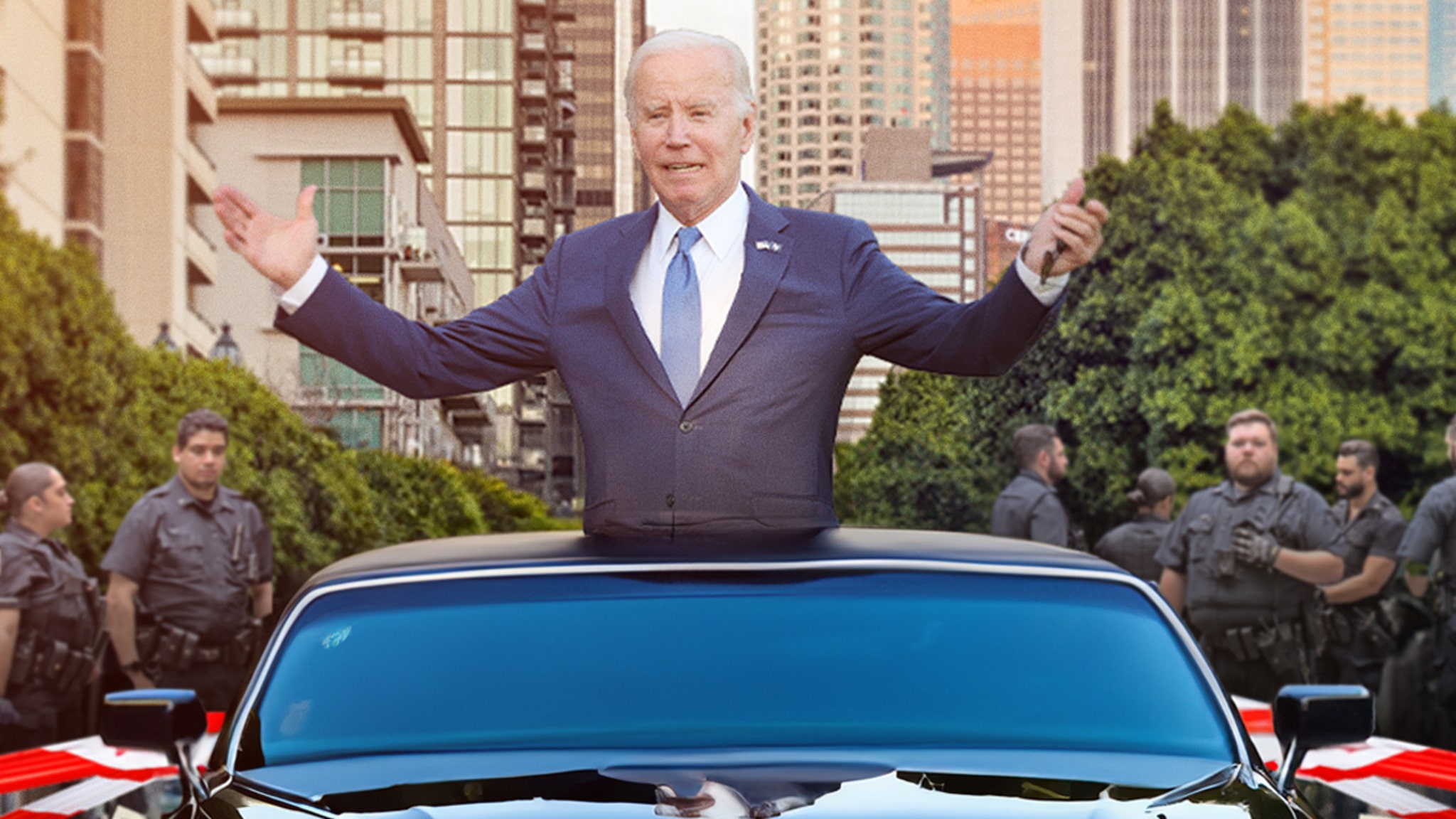
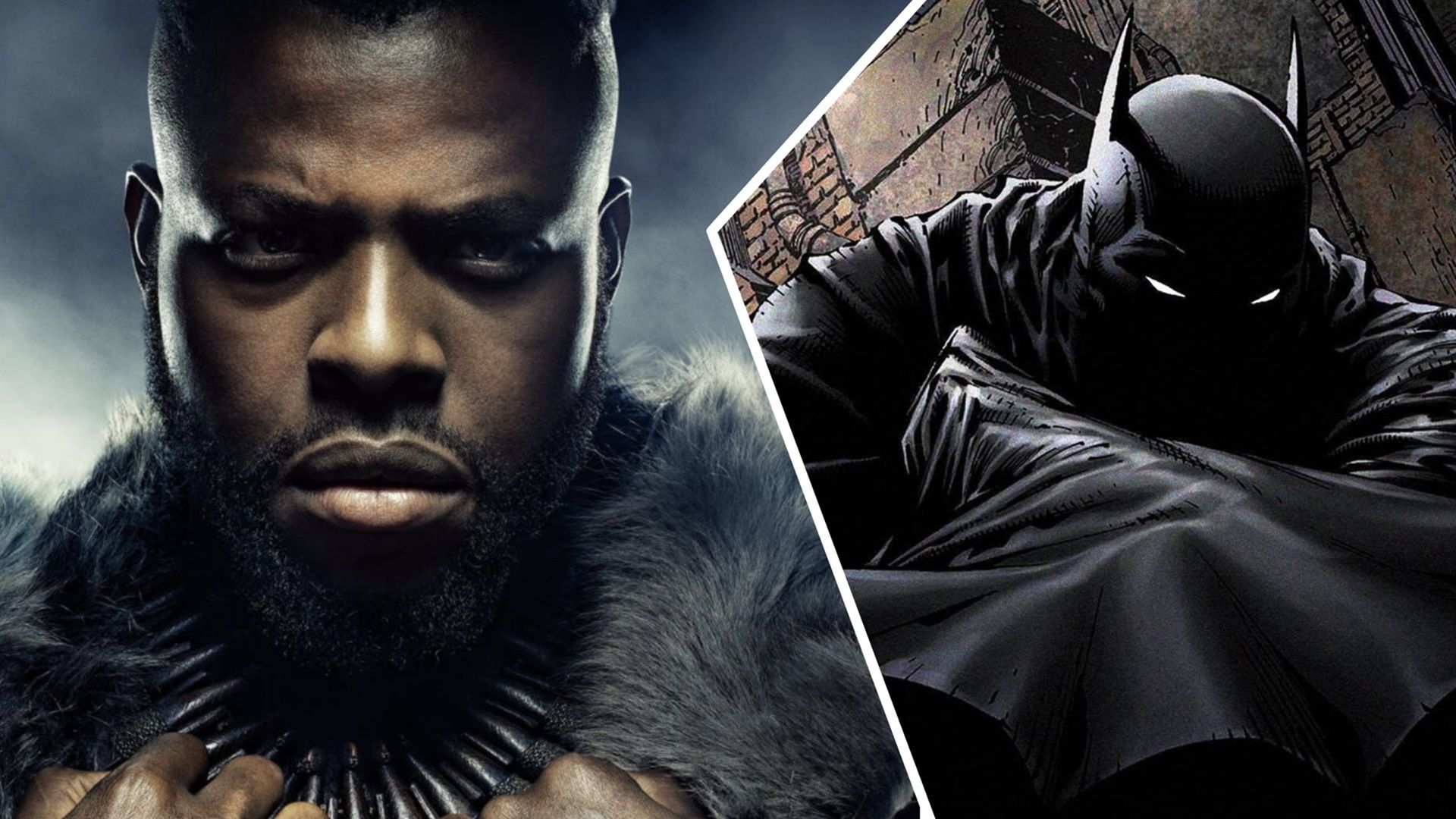


:quality(85):upscale()/2024/05/01/868/n/1922283/a63ed21666329ce79de023.96393449_.jpg)

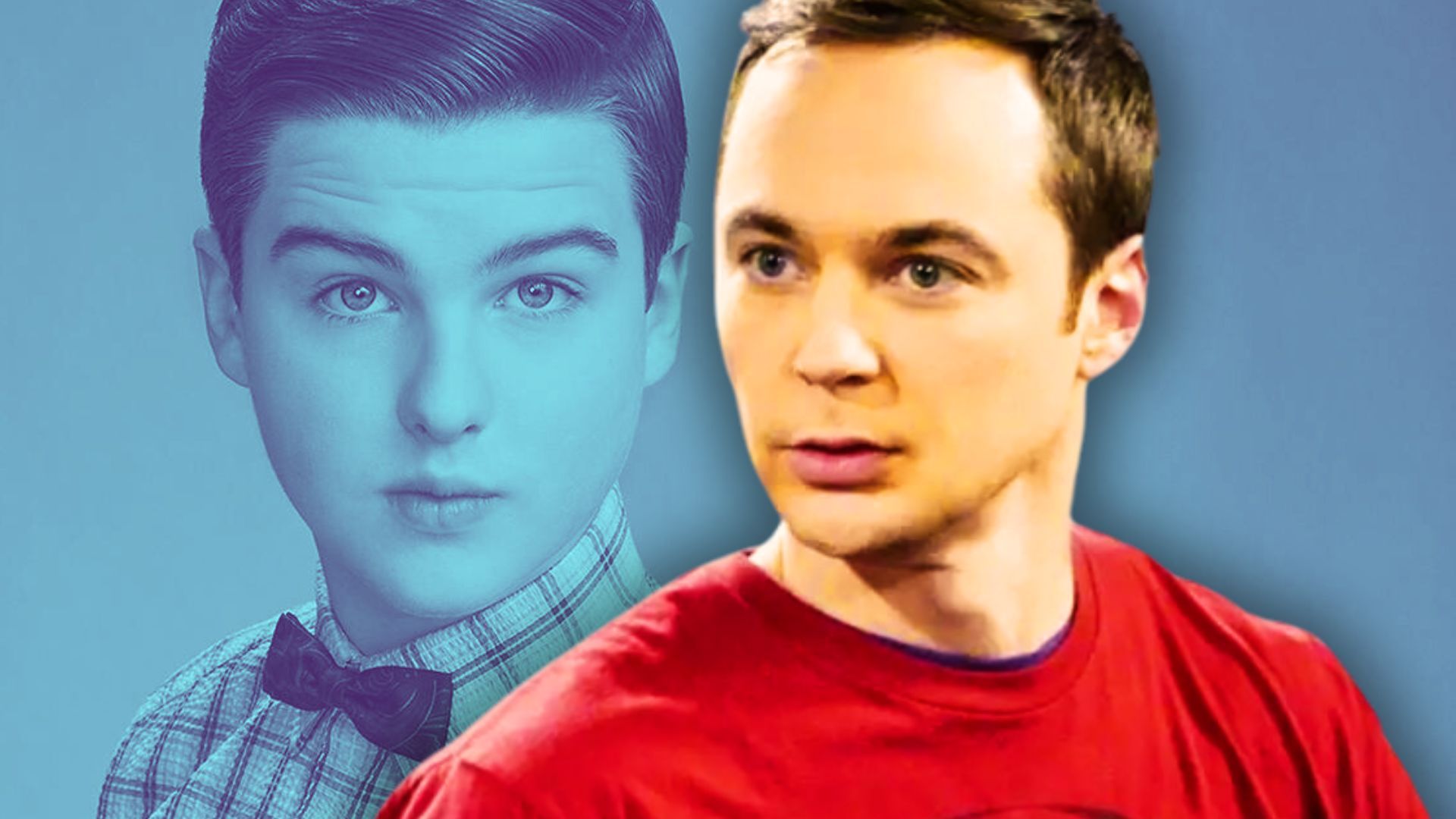



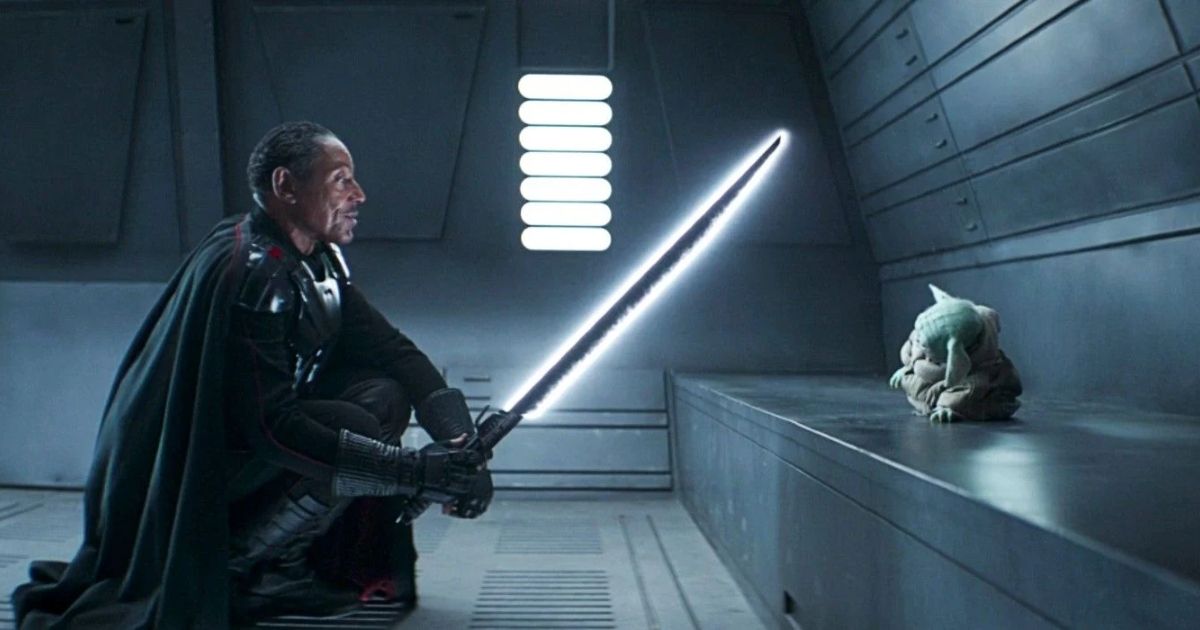


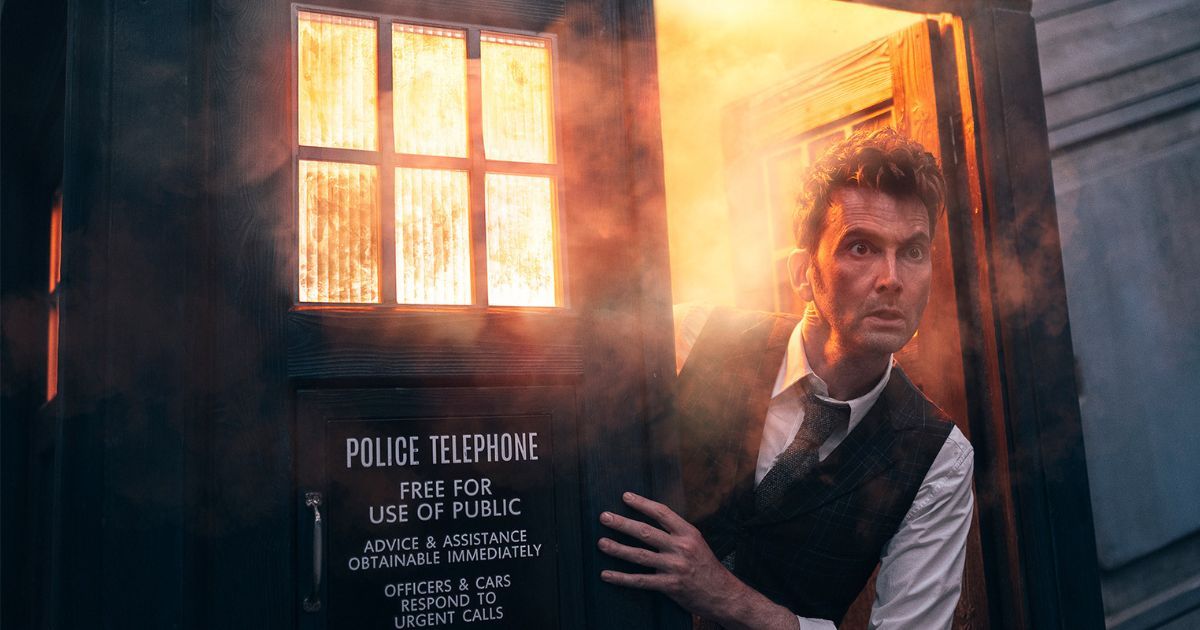
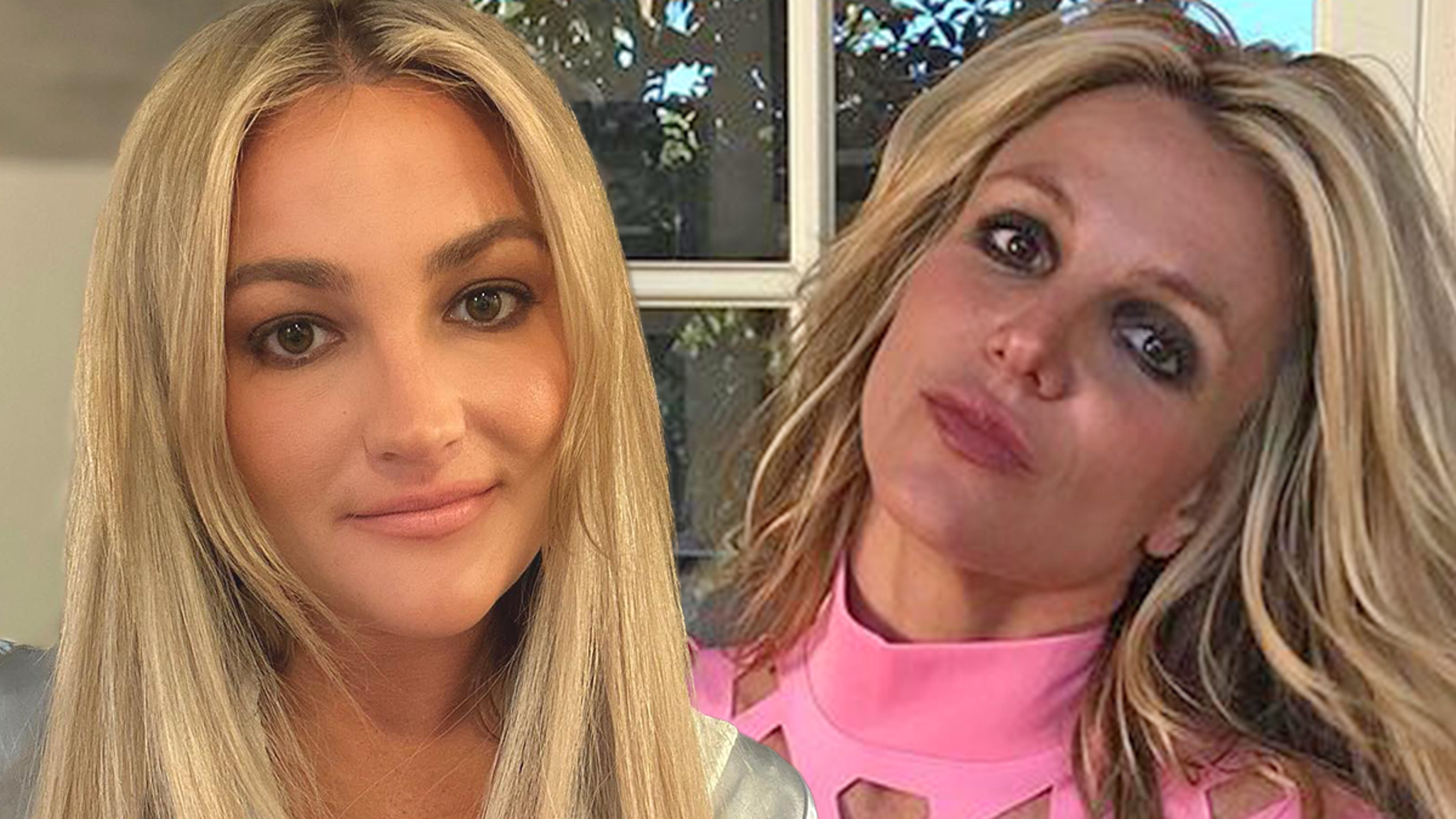
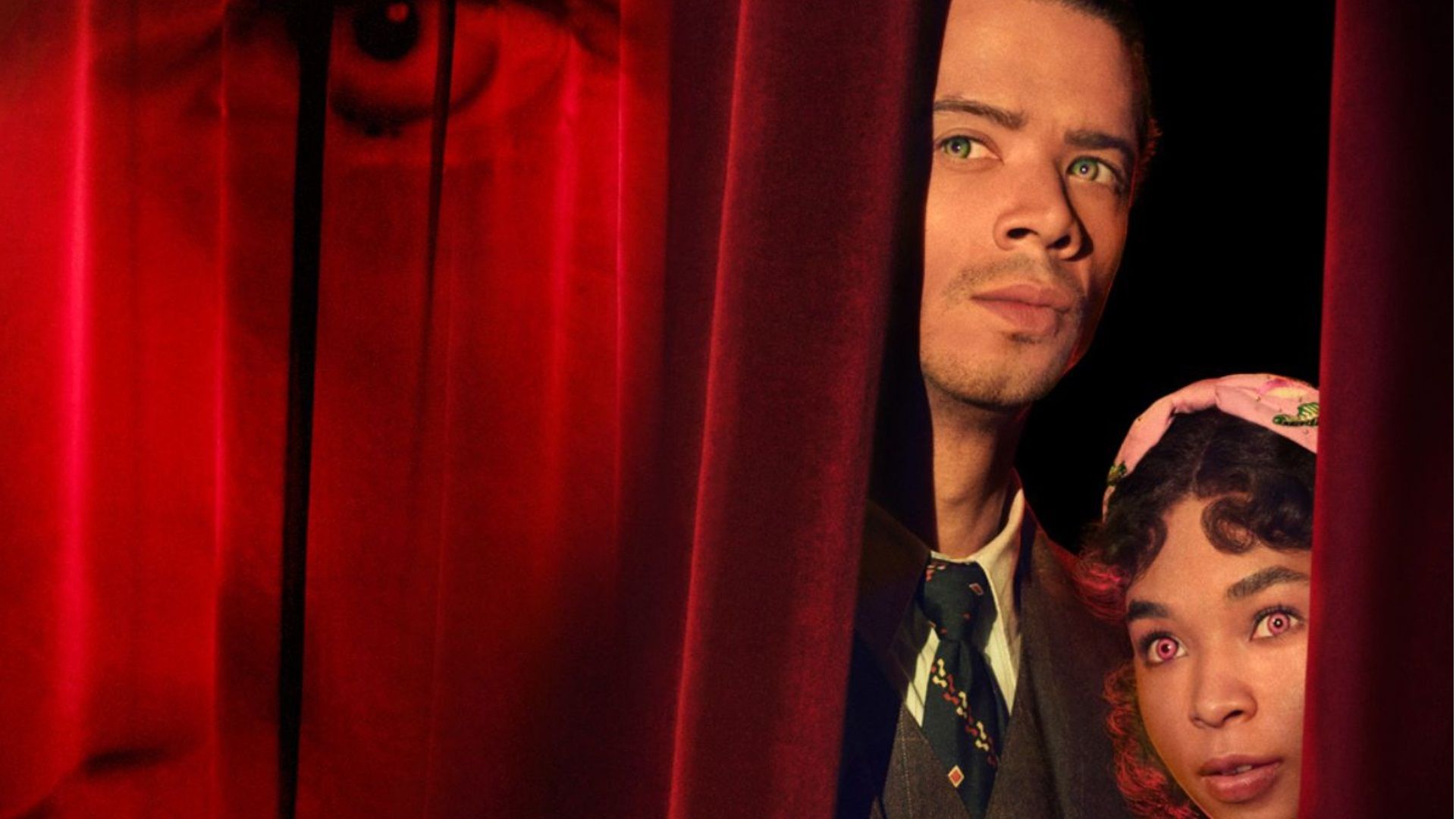
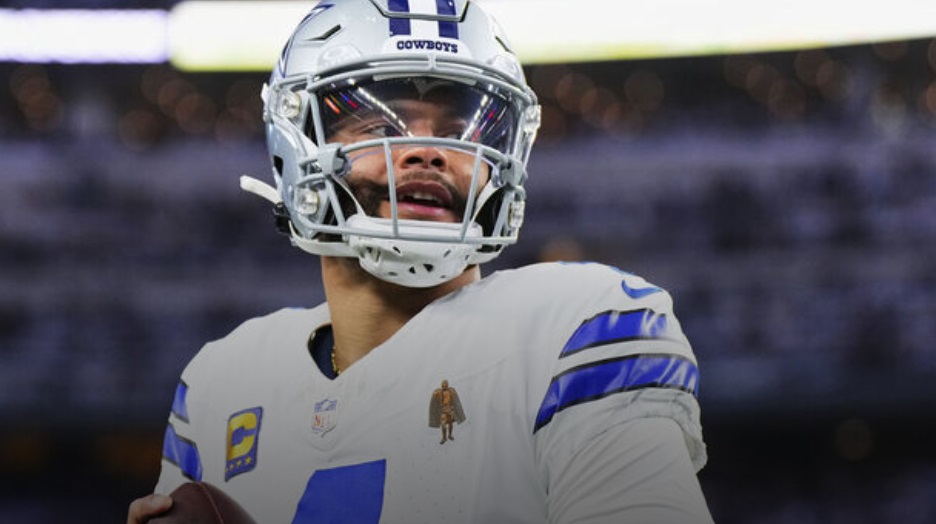
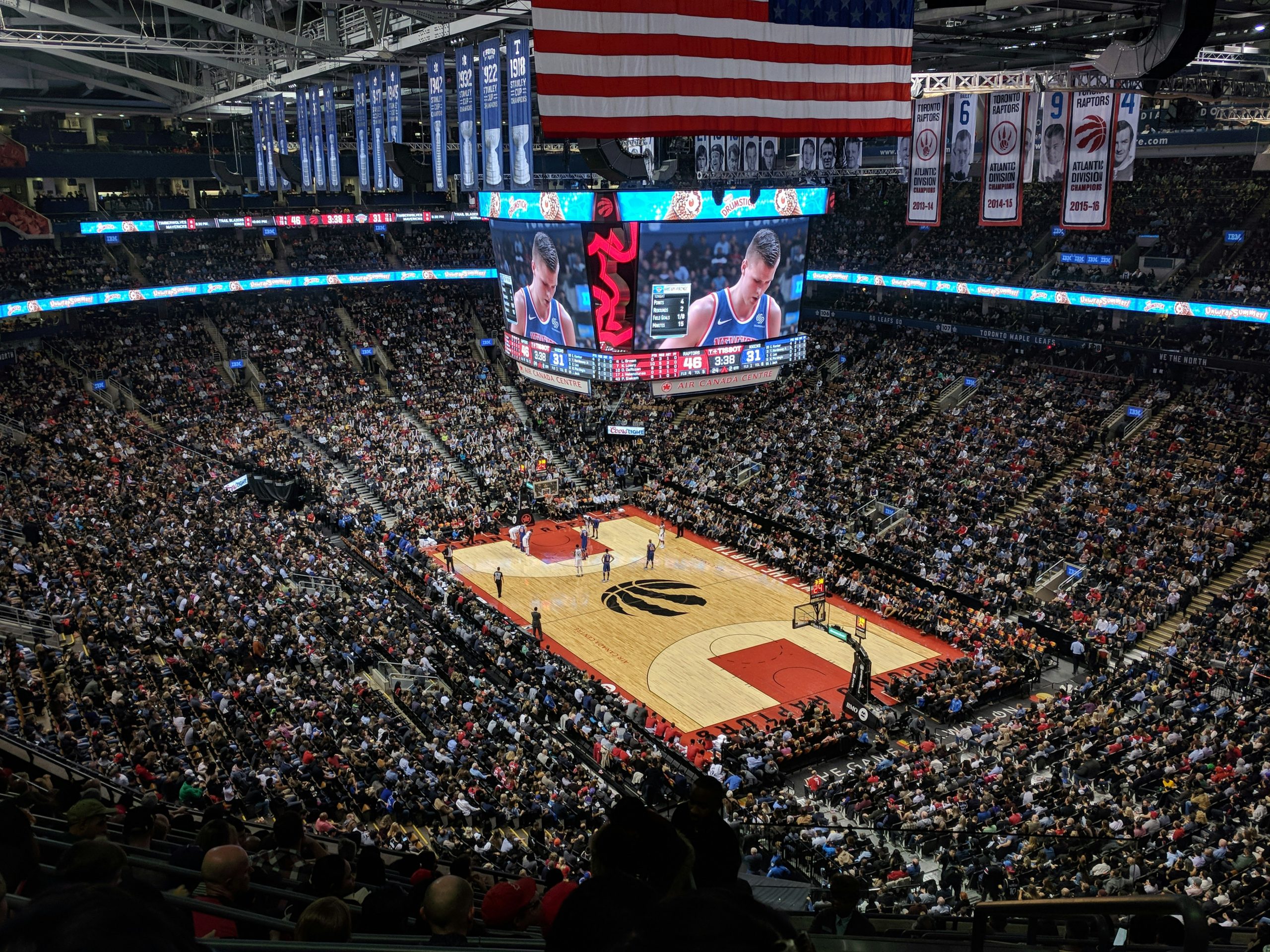
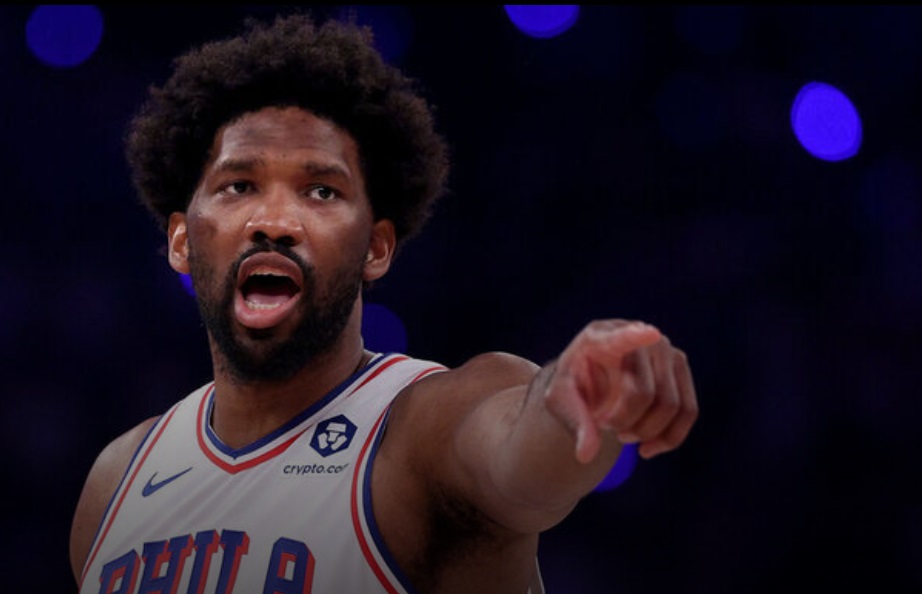
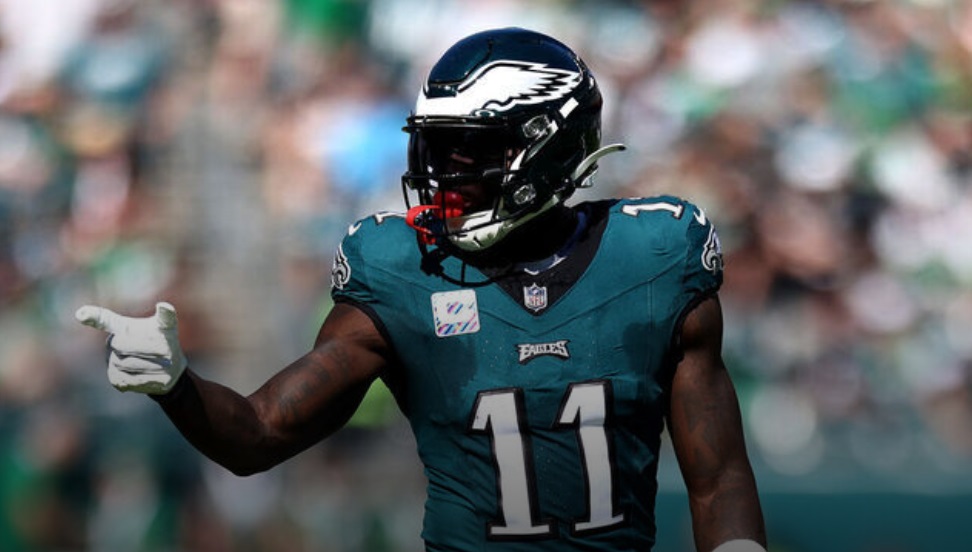

:quality(85):upscale()/2024/05/03/637/n/1922564/a9276ca86634f23c02e464.89757585_.jpg)
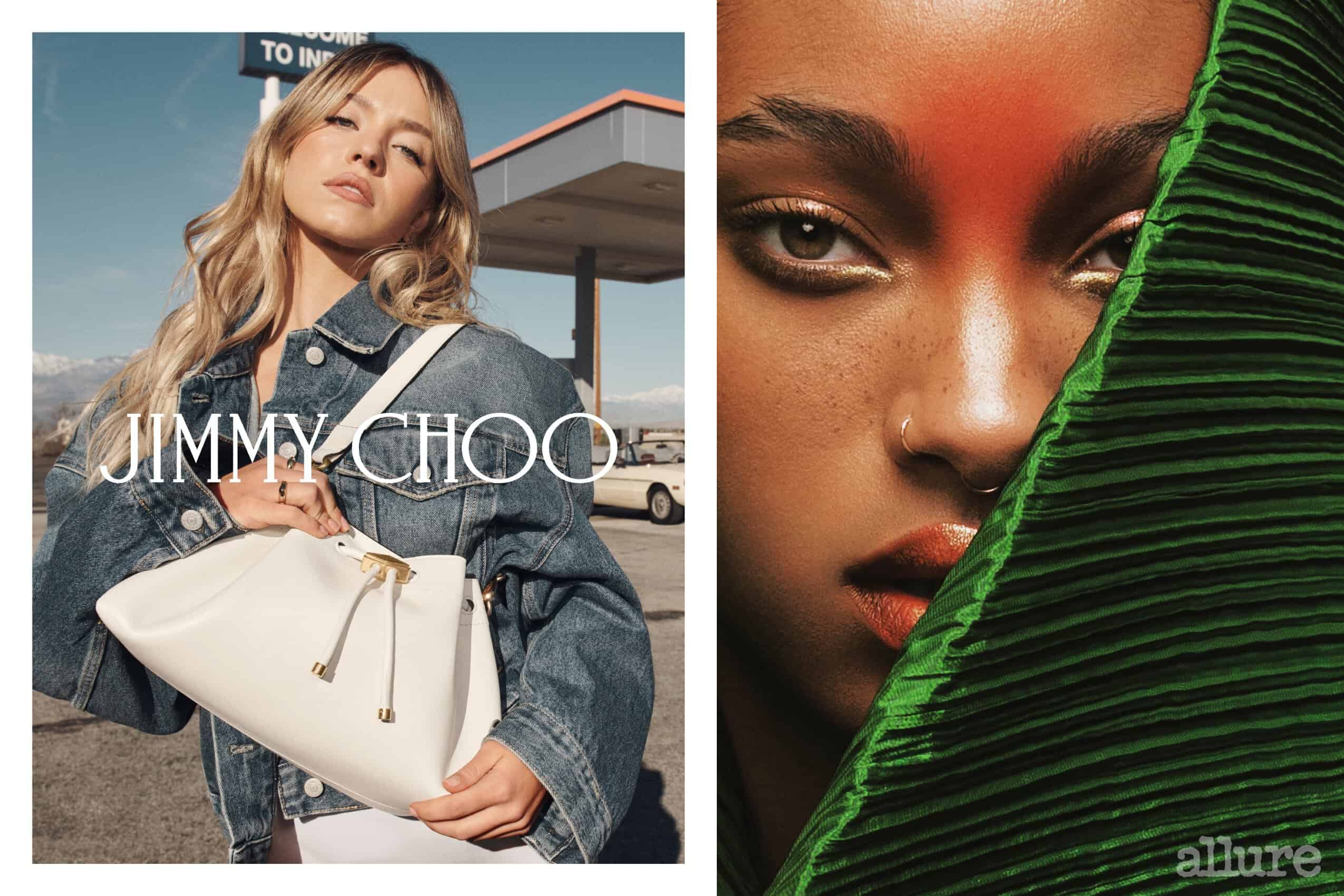
:quality(85):upscale()/2024/04/30/935/n/1922564/02f9990566316200eedab6.59700408_.jpg)
